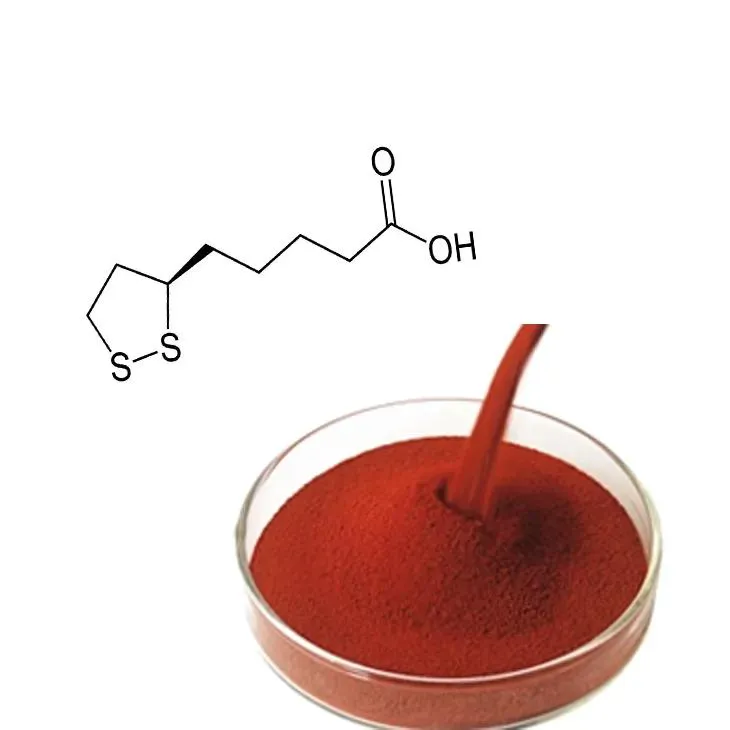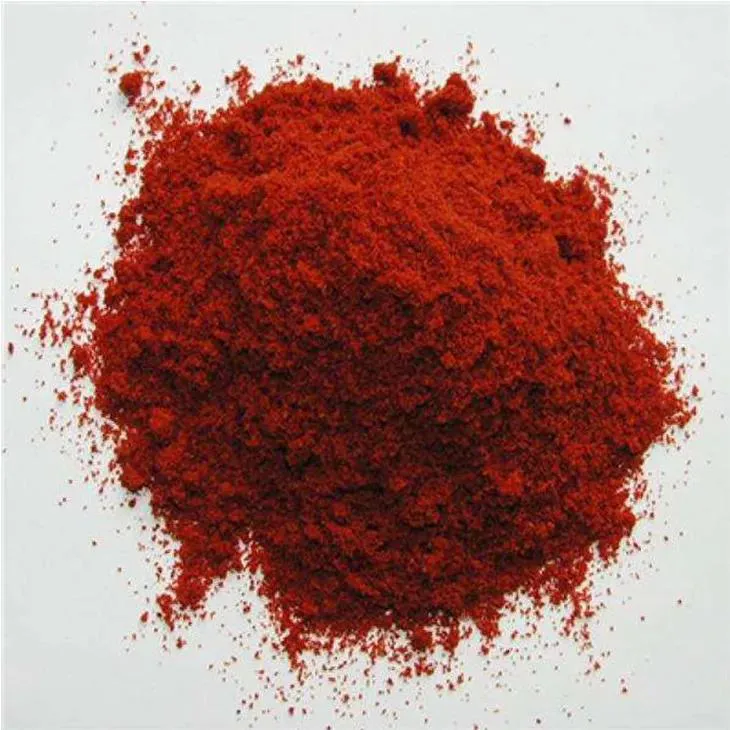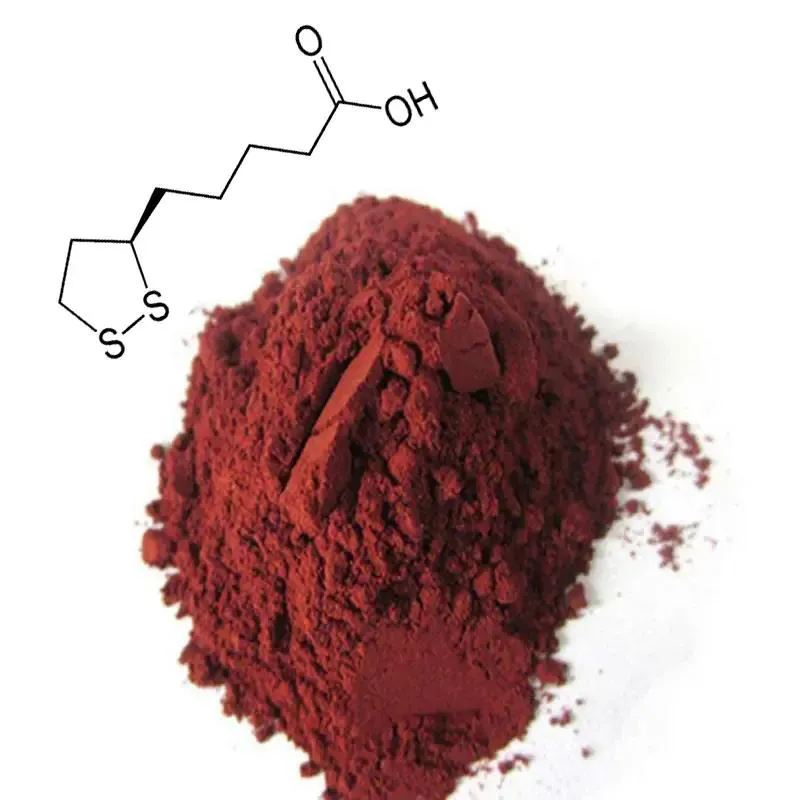- 0086-571-85302990
- sales@greenskybio.com
Astaxanthin for Facial Skin Health: Benefits, Applications, and Scientific Insights
2025-07-21

Astaxanthin, a powerful carotenoid pigment known for its distinctive red hue, has garnered attention for its potential benefits to skin health, particularly for the face. Recognized as one of the most potent antioxidants, Astaxanthin is derived from microalgae, seafood like salmon, and krill. Its superior ability to combat oxidative stress makes it an increasingly popular ingredient in skincare products and supplements aimed at enhancing skin radiance and reducing signs of aging. This article explores the benefits of Astaxanthin for facial skin, its scientific backing, and how to incorporate it into skincare routines for optimal results.
Understanding Astaxanthin and Its Properties
Astaxanthin is a naturally occurring compound found in certain algae and marine life, contributing to their vibrant color. It belongs to the carotenoid family, like beta-carotene and lutein, but stands out due to its unique molecular structure that supports exceptional antioxidant activity. Key properties of astaxanthin include:
1. Antioxidant Power: Known for its ability to neutralize free radicals, astaxanthin is significantly more potent than other antioxidants like vitamin C and vitamin E.
2. Anti-inflammatory Effects: Astaxanthin reduces inflammation, making it beneficial in alleviating redness and irritation on the skin.
3. UV Protection: It has protective effects against UV-induced skin damage, supporting the prevention of sunburn and photoaging.
4. Collagen Support: Astaxanthin enhances skin elasticity by supporting collagen integrity and reducing collagen breakdown.

Facial Skin Benefits of Astaxanthin
Astaxanthin offers numerous benefits for the face, making it an impressive component of both topical skincare formulations and oral supplements:
1. Reducing Fine Lines and Wrinkles
One of the most sought-after benefits of astaxanthin is its potential to diminish the appearance of fine lines and wrinkles. By enhancing skin elasticity and fighting oxidative damage, astaxanthin supports skin firmness and smoothness, contributing to a more youthful appearance.
2. Enhancing Skin Moisture
Astaxanthin helps improve the skin's moisture-retention capacity, crucial for maintaining a hydrated and healthy-looking facial complexion. This benefit is attributed to its ability to strengthen the skin's barrier function, preventing moisture loss.
3. Brightening Skin Tone
The antioxidant properties of astaxanthin play a role in brightening skin tone and reducing hyperpigmentation. By mitigating oxidative stress and inflammation, astaxanthin helps achieve a more even complexion.
4. Protecting Against Environmental Stressors
Environmental stressors, including pollution and UV radiation, contribute significantly to skin aging. Astaxanthin's protective properties help shield the skin from these external aggressors, maintaining its health and vitality.
5. Soothing Inflammation and Redness
Astaxanthin's anti-inflammatory properties make it effective in reducing skin redness and irritation, making it suitable for sensitive skin and conditions like rosacea.

Scientific Studies and Evidence
Research into astaxanthin's effects on skin health has shown promising results:
1. Improved Skin Elasticity and Wrinkle Reduction
Studies published in the journals "Carotenoid Science" and "Acta Biochimica Polonica" have demonstrated that astaxanthin supplementation improves skin elasticity, reduces fine lines, and enhances overall skin texture. Participants in trials experienced visible improvements in wrinkles and skin hydration.
2. Hyperpigmentation and Tone
Research indicates that topical application of astaxanthin can reduce pigment spots and improve skin tone. A study in the "Journal of Clinical Biochemistry and Nutrition" reported significant improvement in skin conditions related to oxidative stress with astaxanthin use.
3. UV Protection
Studies have highlighted astaxanthin’s protective role against UV damage, showing reduced signs of sunburn and prevention of photoaging-related changes in the skin.

Incorporating Astaxanthin into Skincare Routines
To leverage the benefits of astaxanthin for facial skincare, consider various approaches:
1. Topical Products
Look for skincare products containing astaxanthin, such as creams, serums, or masks. These formulations allow direct application to the skin, offering targeted benefits.
2. Oral Supplements
Astaxanthin supplements can be taken orally to support whole-body antioxidant defenses, with potential systemic benefits for skin health over time.
3. Continuous Use
For noticeable improvements, consistent use of astaxanthin-enriched products is recommended. It's advisable to use these products as part of a long-term skincare regimen.
4. Combining with Other Antioxidants
Pair astaxanthin with other antioxidants like vitamin C and E to maximize its protective and restorative effects on the skin.
Precautions and Considerations
1. Allergic Reactions
Although rare, some individuals may experience an allergic reaction to astaxanthin. Patch testing on a small skin area before regular use can prevent adverse effects.
2. Consulting with a Dermatologist
When adding new skincare products or supplements, consulting with a dermatologist ensures they align with individual skin needs and conditions.
3. Consistency and Patience
While astaxanthin offers impressive skin benefits, visible results may take time. Continuity and patience in its application are key for achieving desired outcomes.
Conclusion
Astaxanthin stands out as a potent ingredient in addressing various skin concerns, thanks to its robust antioxidant and anti-inflammatory properties. Its capacity to reduce the appearance of fine lines, improve hydration, and protect against environmental damage makes it a valuable addition to facial skincare regimens. As scientific research continues to underscore astaxanthin’s multifaceted benefits, incorporating it into routine skincare practices can help individuals attain healthier, more radiant skin. For optimal results, a synergistic approach involving both topical and oral applications of astaxanthin can be adopted, augmenting its effectiveness in enhancing skin health.
- ▶ Hesperidin
- ▶ Citrus Bioflavonoids
- ▶ Plant Extract
- ▶ lycopene
- ▶ Diosmin
- ▶ Grape seed extract
- ▶ Sea buckthorn Juice Powder
- ▶ Fruit Juice Powder
- ▶ Hops Extract
- ▶ Artichoke Extract
- ▶ Mushroom extract
- ▶ Astaxanthin
- ▶ Green Tea Extract
- ▶ Curcumin
- ▶ Horse Chestnut Extract
- ▶ Other Product
- ▶ Boswellia Serrata Extract
- ▶ Resveratrol
- ▶ Marigold Extract
- ▶ Grape Leaf Extract
- ▶ New Product
- ▶ Aminolevulinic acid
- ▶ Cranberry Extract
- ▶ Red Yeast Rice
- ▶ Red Wine Extract
-
Shikonin
2025-07-21
-
Dandelion Root Extract
2025-07-21
-
Purple Sweet Potato Extract
2025-07-21
-
Jujube Extract
2025-07-21
-
Camu Camu Extract
2025-07-21
-
Coconut Water Powder
2025-07-21
-
Citrus Aurantium Extract
2025-07-21
-
Okra Extract
2025-07-21
-
Aminolevulinic acid
2025-07-21
-
Dan Shen Root Extract/Salvia Root Extract
2025-07-21





















